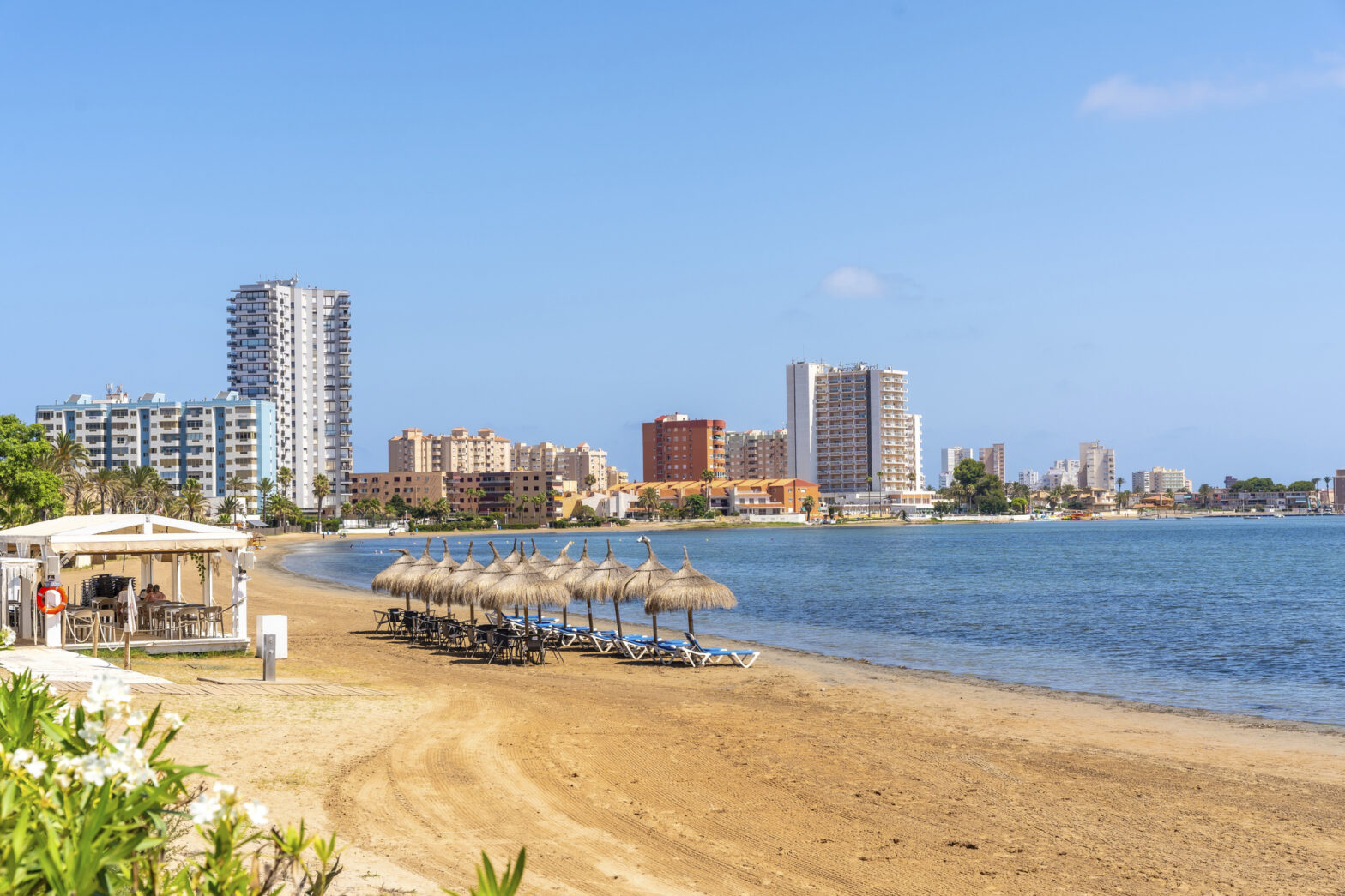A disastrous salmonella outbreak at the luxury Cavanna Hotel in Spain’s Murcia region last month resulted in nearly 200 sick persons and several hospitalizations.
Reports of salmonella cases at the hotel began springing up on August 23 after lunchtime. According to Travel and Tour World, by the following day, over 100 people had symptoms. Ill guests of the hotel reportedly experienced fever, nausea, stomach cramps, vomiting, and severe cases of diarrhea.
Various local medical teams treated ill guests in a temporary on-site clinic and in their hotel rooms. A 15-month-old child who became ill was taken to Santa Lucia University Hospital in Cartagena, Spain, for medical attention. A minimum of 20 people — eight of whom were children — were reportedly hospitalized due to the salmonella outbreak. Many of those who fell ill were said to be tourists visiting Spain during their summer travels.
The Sun reported that as many as 190 salmonella cases were reported during the incident. Additionally, the outlet noted that the Regional Ministry of Health was investigating the outbreak’s origin, with initial information suggesting that food cross-contamination was the cause.
Cavanna Hotel, also known as Hotel Izán Cavanna, is a seaside getaway nestled between the Mediterranean Sea and the Mar Menor lagoon. It’s in the town of La Manga del Mar Menor on the Costa Cálida in southern Spain. The hotel has several places to dine, including a buffet-style restaurant, a beachfront cocktails and tapas spot, and a café.
What Else Should Travelers In Europe Know About Salmonella Outbreaks?
The European Centre for Disease Prevention and Control noted in a March 2025 press release that 509 cases of salmonellosis were reported in nine EU/EEA (European Union/European Economic Area) countries between January 2023 and January of this year. The source shared that some of the salmonella strains reported during the outbreak are “rarely seen in Europe.” Further investigations revealed that consuming sprouted seeds was linked to the infections.
“Salmonella can cause serious illness, particularly in infants, older or frail adults, and individuals with weakened immune systems. Those at risk should avoid eating sprouted seeds, unless they have been cooked thoroughly,” said the agency. “Sprouted seed producers are urged to strictly follow food safety procedures to prevent contaminated products from reaching consumers.”




